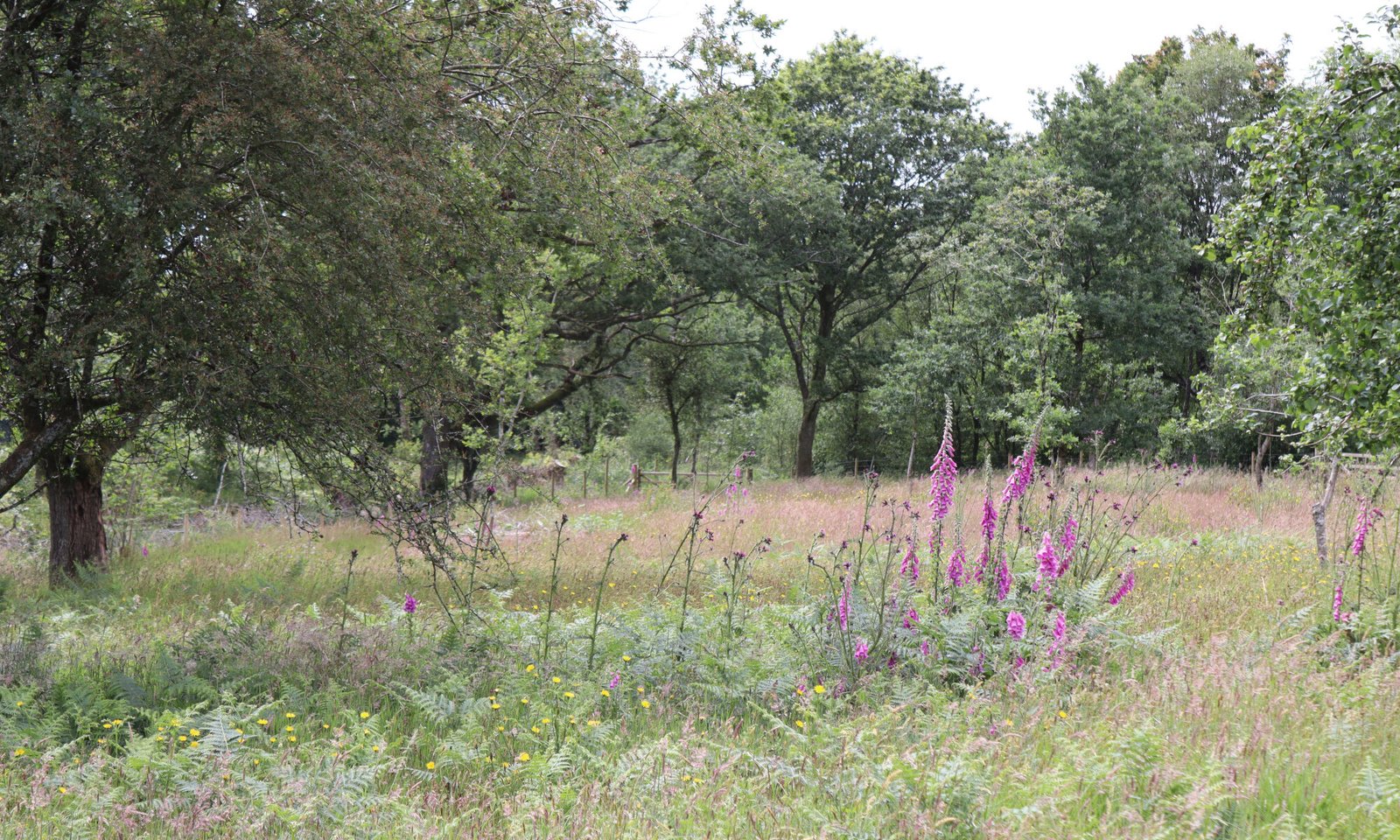This petition is now closed
Living on the land where we work, has enabled us to set up a business which supports us and is an asset to the local community. We feel that more people should be afforded this opportunity. We were only allowed to live in our woods, because as charcoal makers, it would be impossible to run our business without staying overnight. If it was possible to make charcoal without staying overnight, we wouldn’t have got planning permission and as a result we wouldn’t be able to run the business. Although the other aspects of our business could be carried out whilst living elsewhere, it would be impractical and economically unviable to continue.
We have met dozens of people who have been prevented from starting businesses in agriculture, forestry and horticulture because of planning laws that prevent them from living on the land where they work. Across the country as a whole there must be thousands of potential enterprises that never come into being because of these rules. This country needs more housing and more small rural enterprises. We should do what we can to support the entrepreneurs who want to set up business providing for our needs often in extremely sustainable ways.
The introduction of class MB (now class Q) permitted development, allowing agricultural barns to be converted, shows that the government is open to the idea of more dwellings in the countryside. A presumption in planning law that people making a living off the land can live where they work would mean that more of the new dwellings in the countryside were attached to rural enterprises, rather than housing people who commute to town for work. It would therefore promote a thriving rural economy and increase food security.
We are not asking for unrestricted development in the countryside. The current tests of whether a person is making their living from the land would still apply. This involves presenting a business plan and an independent appraisal of your business and living in a caravan for a minimum of 3 years whilst proving that your business is viable and economically sustainable. There would still be the tests of visual impact, traffic issues etc. The dwellings allowed under this would have agricultural/forestry ties. There would also be the present considerations relating to land with a special designation such as national parks, SSSI’s, AONB’s etc. This would not be an end to the tests which decide whether a development should go ahead, it would merely be an adjustment in favour of rural workers and the rural economy.
We support the work of organisations that promote low-impact dwellings in the countryside, but we feel that environmental standards should be higher across the board, rather than rural worker dwellings being subject to higher government-imposed environmental standards than other new houses.
The number of workers in agriculture has reduced as farms have got larger and more mechanised, but we need small farms and horticultural businesses if we are to reduce imports of food. This is an article about a UN report, stating that only small scale farming can sustainably feed the world.
http://www.technologywater.com/post/69995394390/un-report-says-small-scale-organic-farming-only
This report showcases some successful small businesses. These sort of businesses often struggle to gain planning permission because of there small geographical scale.
http://ecologicalland.coop/sites/ecologicalland.coop/files/Small_is_Successful_0.pdf

